
Ayurvedic Skin Care; Skin Care in Ayurveda
The largest organ of our body, skin primarily provides protection to internal body tissues. It also is a sense organ, which gives the senses of touch, temperature, pressure and pain.
According to Ayurveda, skin is composed of seven different layers of tissue. Nourishment to the skin is derived from mamsa, one among the seven dhatus or saptadhatu. Skin is also an upadhathu (sub-dhathu) of raktha (blood). Ayurveda searches the roots of skin diseases in blood. The qualities of blood are reflected in the skin. Glowing skin is synonymous with good quality blood in the circulatory system.
The three types of body, tridosha, is reflected in skin types also. Not all skins are alike.
Vata skin or vata type skin is delicate, dry, cold and is often flaky. This type of skin ages quickly.
Pitta skin or pitta type skin is soft, warm, looks good and is of medium thickness. Rashes, acne, etc are common with this type of skin.
Kapha skin or kapha type skin is thick, soft, cool, tolerant to temperature, moist, and is slow aging. The complexion is dull and the skin will be oily. Moles, and pimples are common with this type of skin.
There can be combination skin types too – vata-pitta, kapha-pitta and vata-kapha.
Food habits and lifestyle habits affect the health of skin. Too much of physical or mental straining harms the skin.
Accumulation of body wastes (impurities or ama) is the prime reason of disorders in skin, leading to toxins in blood. Clean and complete bowel evacuation, drinking lots of water throughout daytime, etc will help in evacuation of ama or digestive wastes.
Sodhan (cleansing) with panchakarma and shaman with food, ointments, and lifestyle balancing are the methods of treating skin diseases.
Prevention of skin diseases includes oil massaging (medicated or non-medicated coconut oil), avoiding physical and mental exertion, drinking plenty of water, eating seasonal fruits, keeping the skin clean – without using any strong bleaching agents, taking nutritious diet, etc.



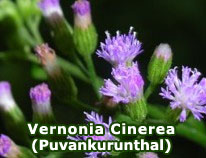
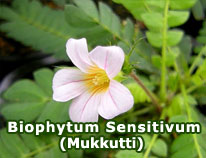
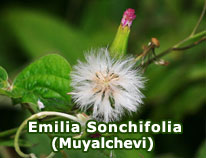
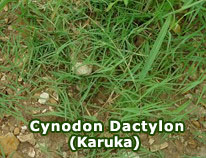
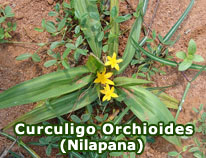
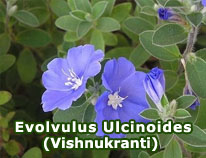
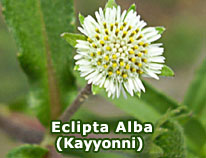
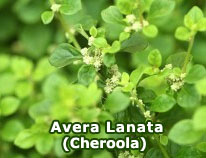
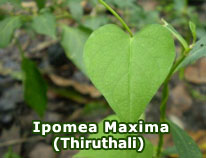
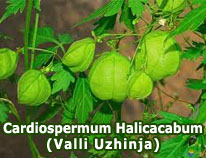
 Loading ...
Loading ...





